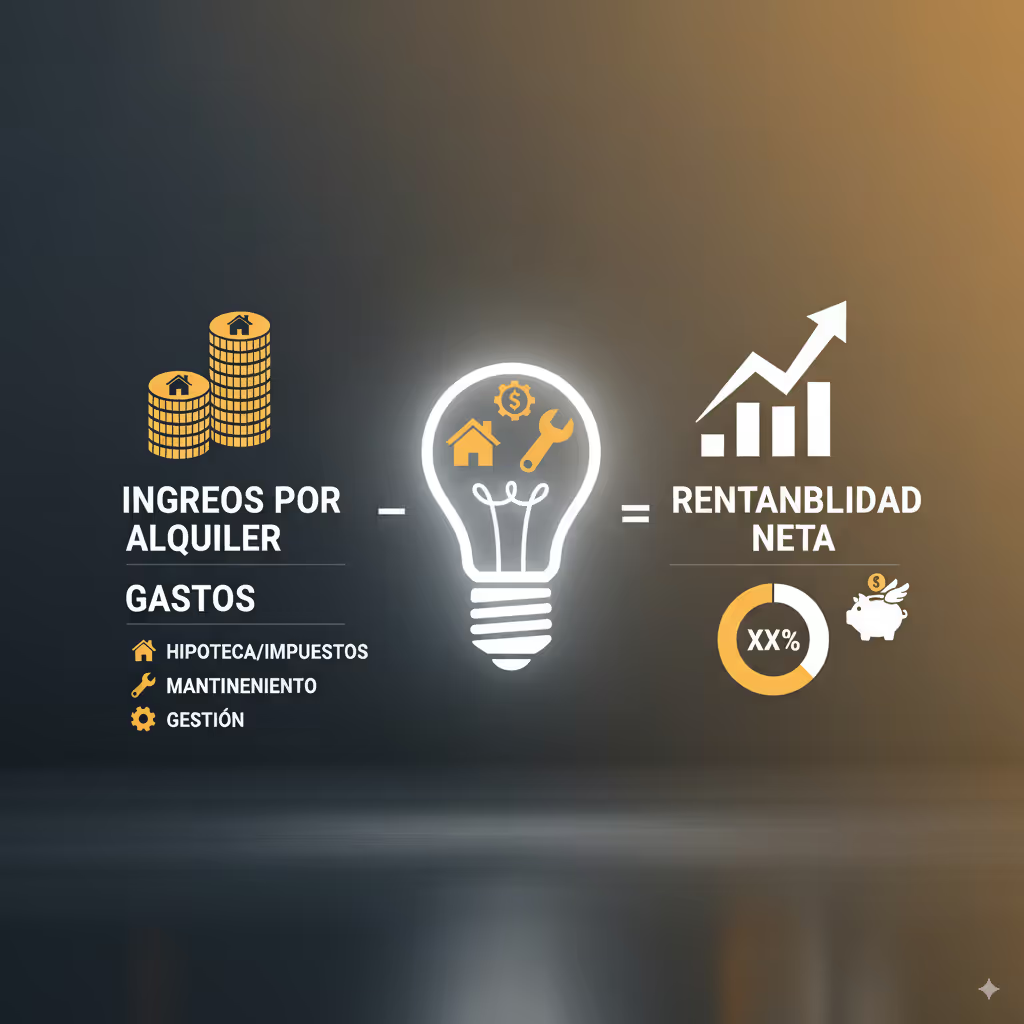La psychology of investment plays a crucial role in the success or failure of any investor, whether beginner or experienced. Emotions can have a major influence on financial decisions, and when not properly managed, they can lead to costly mistakes. Understanding how factors such as fear, greed or impatience influence decision-making is essential to achieving a solid and consistent investment strategy.
In this article, we will delve into the main aspects of psychology of investment, we will explain how emotions can sabotage our decisions and we will offer strategies for staying calm and acting rationally. In the end, we'll show you how the tokenized investment can help you maintain a disciplined and focused mindset for the long term.
What is investment psychology?
La psychology of investment refers to the study of how human emotions and behaviors affect investment decisions. Although many think that investments should be based purely on objective data and analysis, the reality is that emotions play a huge role in how we make financial decisions.
Investors often make decisions influenced by emotional factors such as fear, euphoria or impatience. These emotional biases can cause us to make hasty or wrong decisions, which can result in economic losses or in not taking advantage of investment opportunities.
Key Emotions That Influence Investment Decisions
Fear is one of the most powerful emotions in investing. It can cause investors to sell their assets during a market crash, fearing that the losses will be irreparable. This type of behavior usually leads to “selling at the worst time”, when prices are at their lowest point, crystallizing losses that could have been avoided with patience.
This concept refers to the tendency of investors to avoid losses at all costs, leading them to make defensive decisions, such as selling prematurely or not investing in assets with greater return potential due to their perceived risk. It's important to remember that investments involve risk, and that not every temporary setback involves a permanent loss.
La greed is the other end of the emotional spectrum. During market increases, many investors are tempted to invest large sums of money looking to make quick profits. Greed can lead to ignoring warning signs or investing in overvalued assets, increasing the risk of significant losses when the market corrects.
La impatience can lead investors to abandon an investment before it has reached its true potential. In financial markets, significant results tend to come in the long term, and those who seek immediate results risk selling their assets too soon. Staying patient and focused on long-term goals is crucial for successful investment.
Cognitive biases affecting investment decisions
In addition to emotions, cognitive biases —systematic errors in our thinking— can influence financial decision-making. Here we explore some of the more common ones:
- Overconfidence
Overconfidence leads investors to overestimate their ability to predict market behavior or select winning assets. This can result in investments that are too risky, with an inadequate assessment of the associated risks.
- Drag effect (Herding)
This bias occurs when investors follow the actions of the majority, buying or selling assets just because others are doing so. The “drag effect” can lead to irrational behavior, such as entering speculative bubbles or selling in a panic during a market crash.
- Confirmation bias
El confirmation bias refers to the tendency of investors to seek information that confirms their beliefs and to ignore data that contradicts them. This can result in decision-making based on biased or incomplete information.
Strategies for managing emotions in investing
The key to being a successful investor is not only understanding the market, but also learning to manage your emotions and maintain a rational and disciplined mentality so that you The future will be prosperous with long-term economic stability.
A well-defined investment plan can serve as an anchor in times of uncertainty. This plan must include clear financial objectives, a time horizon and a well-calculated risk strategy. When markets fluctuate, an established plan will help you stay calm and avoid impulsive decisions.
Diversification is a key strategy for reducing emotional risk. By investing in different types of assets (stocks, bonds, real estate, etc.), you lessen the impact of the volatility of any individual investment on your portfolio. This will allow you to remain calm even if a specific sector is having a hard time.
Being informed is important, but overexposure to financial news can increase anxiety and lead to emotional decisions. Try not to get carried away by the panic generated by alarmist headlines or daily market movements. Remember that long-term investments require patience.
If you're feeling emotionally overwhelmed by your investments, taking a break may help. Get away from the screens, take the time to reflect, and come back with a clearer mind. Sometimes, a step back allows you to reevaluate your situation more objectively.
The importance of patience and discipline in investing
La patience And the discipline are two of the most important qualities for successful investors. Here's why:
One of the keys to generating wealth in investments is the compound interest. This means that, over time, you not only get returns on your initial investment, but also on previous returns. However, compound interest requires time to reach its full potential, which involves being patient and maintaining a long-term vision.
Many investors try to do Market Timing, that is, entering and exiting the market at times they think are favorable. However, this strategy is extremely difficult to execute successfully, even for the most experienced investors. Instead, maintaining a long-term investment strategy and staying invested, despite volatility, often generates better results.
Tokenized investment as a tool for managing emotions
La tokenized investment in real estate projects, it offers an innovative solution for managing emotions and maintaining a long-term investment strategy. Through tokenization, investors can safely and stably participate in the real estate market, reducing the risk of making impulsive decisions based on emotions.
Unlike other financial assets, real estate tokens are backed by physical assets, such as property, providing greater emotional security. Knowing that your investment is tied to something tangible and of lasting value can reduce anxiety and fear of volatility.
Tokenized investment offers the possibility of generating passive income through the rents of the underlying properties. This consistent income can help you stay calm during market fluctuations, as your investment continues to generate stable returns.
Tokenization also allows for greater diversification, since you can invest in multiple properties with different characteristics and locations. In addition, with the option of selling your tokens in secondary markets, the liquidity is much larger than in traditional real estate investment, giving you more flexibility to manage your capital.
La psychology of investment is critical to long-term financial success. Understanding how emotions influence our decisions and learning to manage them can make the difference between a sound investment strategy and failure. Patience, discipline and a well-defined investment plan are key to navigating the markets without being carried away by fear or greed.
Tokenized investment has opened a new door for small investors looking for a more stable and controlled way of investing. With the ability to divide real estate assets and democratize access to properties, tokenization offers a solution to maintain a rational and emotionally stable mindset.
And this is where Reental comes into play. With its platform of tokenized investment in real estate projects, you can take advantage of all the advantages of diversification, passive income and the security of investing in tangible assets, without committing large amounts of capital. Would you like to start investing in an intelligent and emotionally balanced way? With Reental, investing in property is easier, more accessible and safer than ever.















